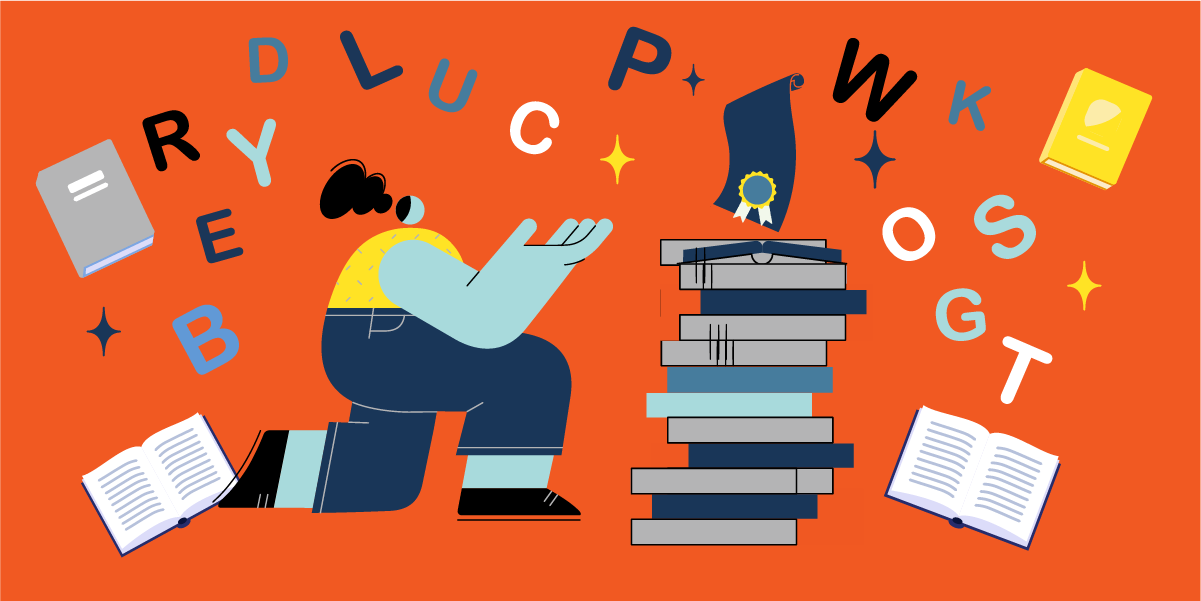The struggle with reading is often an invisible battle, especially for those grappling with dyslexia. This learning difference, characterized by difficulties with written language, can leave students feeling frustrated and misunderstood. Thankfully, a growing wave of awareness and legislative action is paving the way for better support, and at the forefront stands Arizona Revised Statute 15-219 (ARS 15-219).
Shining a light on dyslexia:
ARS 15-219, enacted in Arizona, is a landmark piece of legislation that focuses on early identification, intervention, and accommodation for students with dyslexia and other reading impairments. It mandates various measures, including:
- Training: Educators, from teachers to administrators, must receive dyslexia-specific training that covers screening, intervention techniques, assistive technology, and advocacy skills.
- Continuing Education: Dyslexia training can be counted towards required continuing education credits, incentivizing educators to stay informed.
- Online Resources: In addition to Achievia.com’s training module, The Arizona Department of Education curates a list of dyslexia training opportunities, ensuring accessibility and flexibility for educators.
The ripple effect across the nation:
While ARS 15-219 is specific to Arizona, its impact extends far beyond state lines. It serves as a shining example for other states to follow, inspiring similar legislation and initiatives across the country. To date, 48 states have adopted this requirement. This growing momentum signifies a national commitment to supporting students with dyslexia and equipping educators with the tools they need to make a difference.
What it means for educators:
For educators, ARS 15-219 represents a shift in the landscape. It’s not just about awareness; it’s about equipping them with the knowledge and skills to support students with dyslexia in the classroom effectively. The mandated training provides a solid foundation in identification, intervention techniques, and accommodations, empowering educators to:
- Identify early warning signs of dyslexia in their students.
- Implement evidence-based strategies to support reading development.
- Advocate for appropriate assessment and resources for students.
- Create inclusive learning environments that cater to diverse learning styles.
A brighter future for all:
The impact of ARS 15-219 goes beyond educators; it reaches directly to students with dyslexia. With better identification, intervention, and support, these students can unlock their full potential and thrive in the classroom. Early intervention is crucial, and when educators are equipped with the knowledge and resources they need, they can become champions for these students, guiding them toward a brighter future.
The journey towards understanding and supporting dyslexia is ongoing, but with initiatives like ARS 15-219 paving the way, educators are becoming better equipped to support every student in their learning journey. Together, we can create a future where dyslexia is not a barrier but rather a unique learning style that deserves understanding and support.

